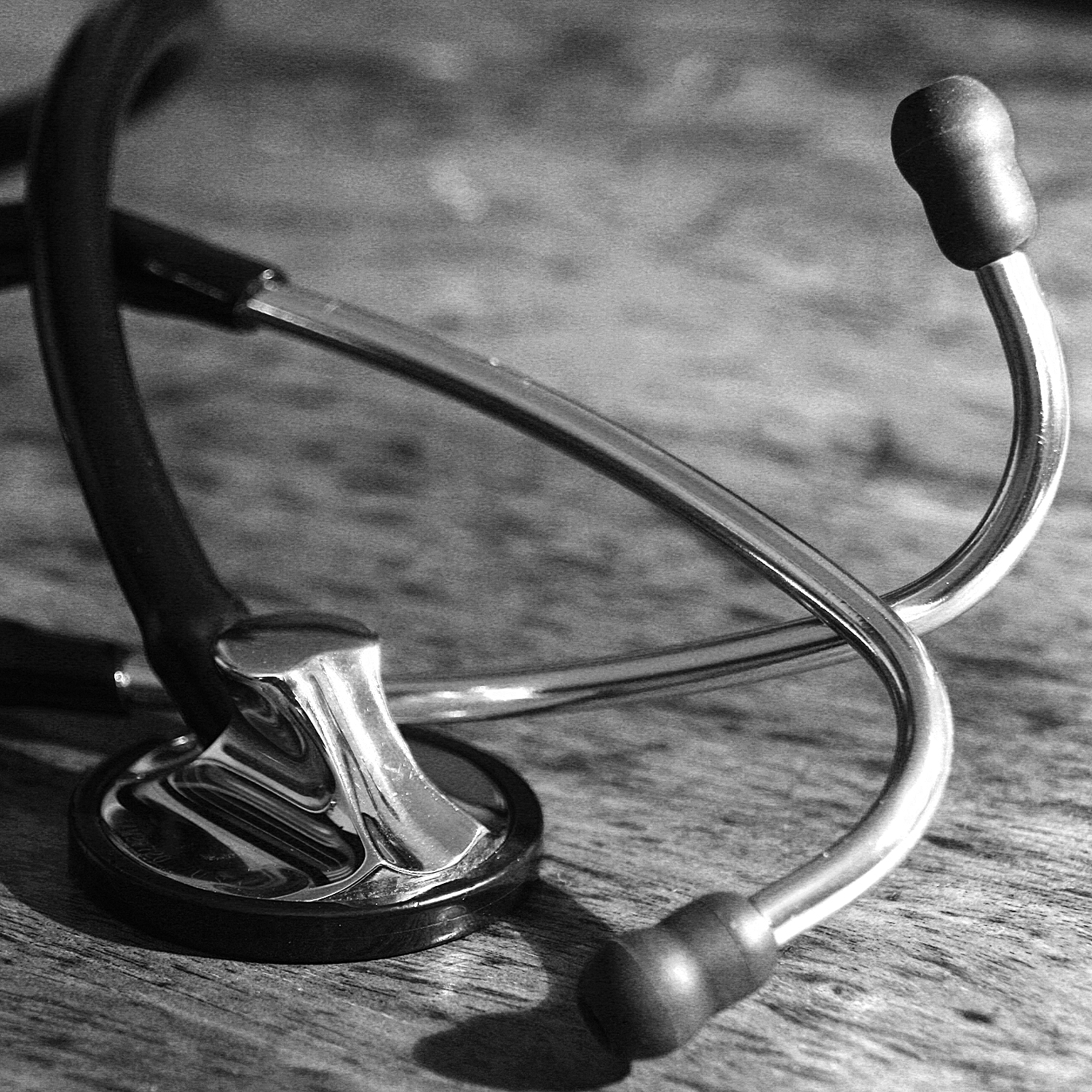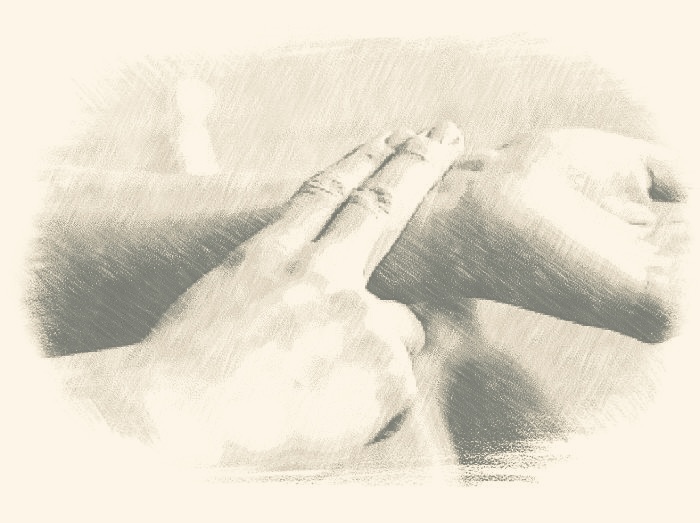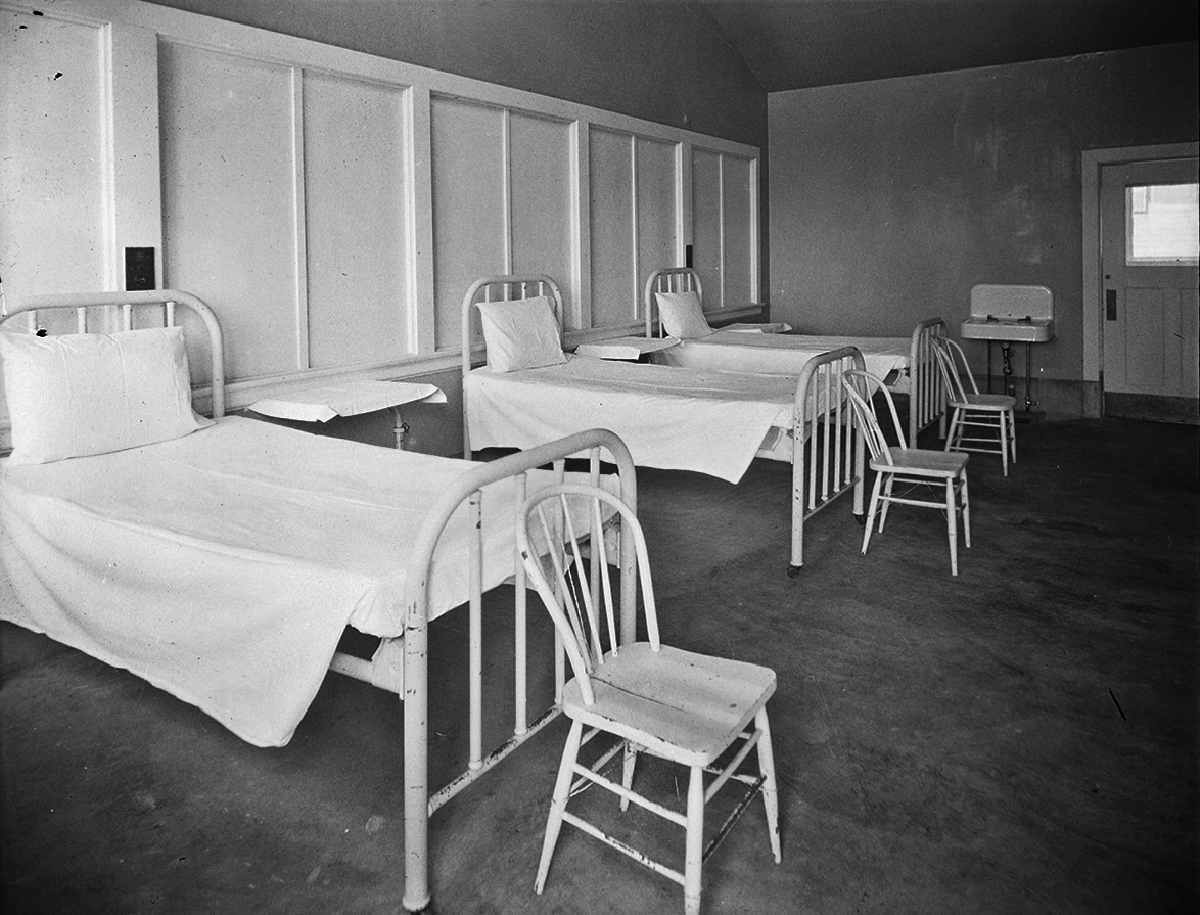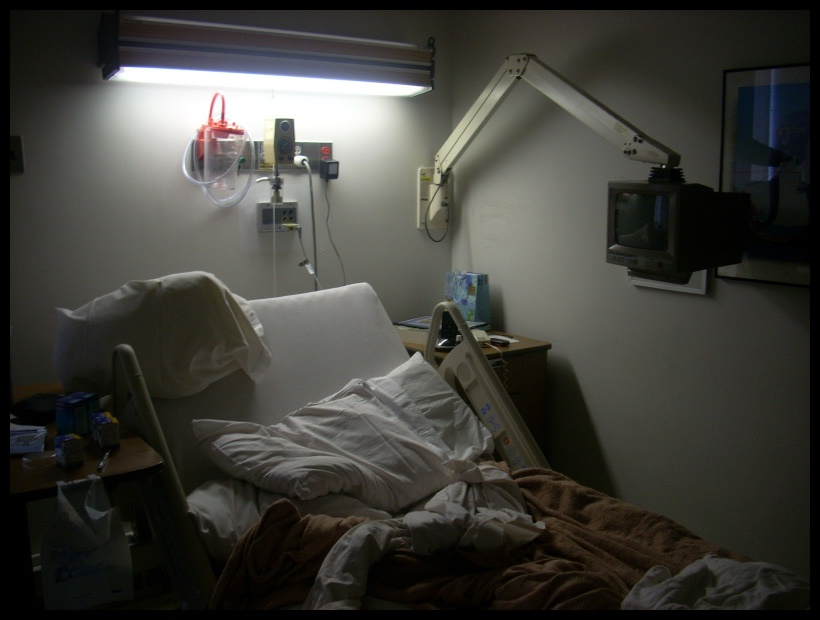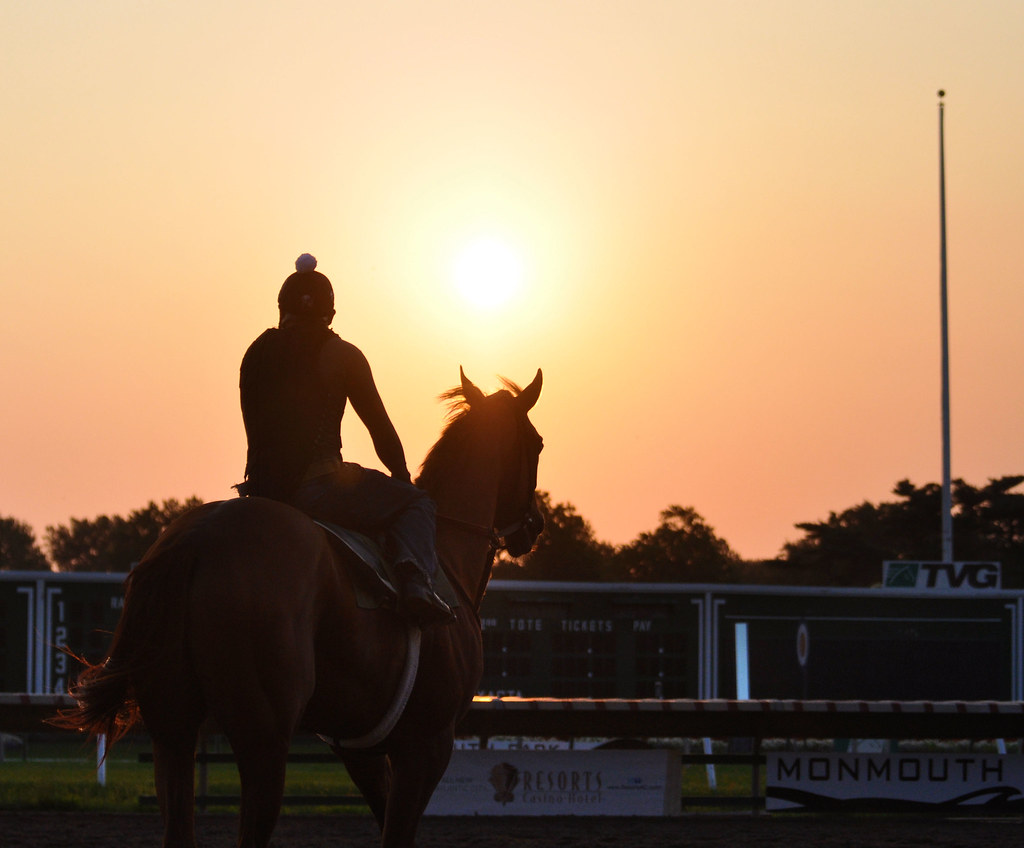Three Sentiments
Medical student recollects hospitalization with pneumonia as a pivotal childhood experience that shaped his values. The care he received from dedicated clinicians and his family instilled trust and resilience, inspiring his pursuit of medicine. These reflections resurfaced during his white coat ceremony, affirming his commitment to embodying these principles in his future practice.


